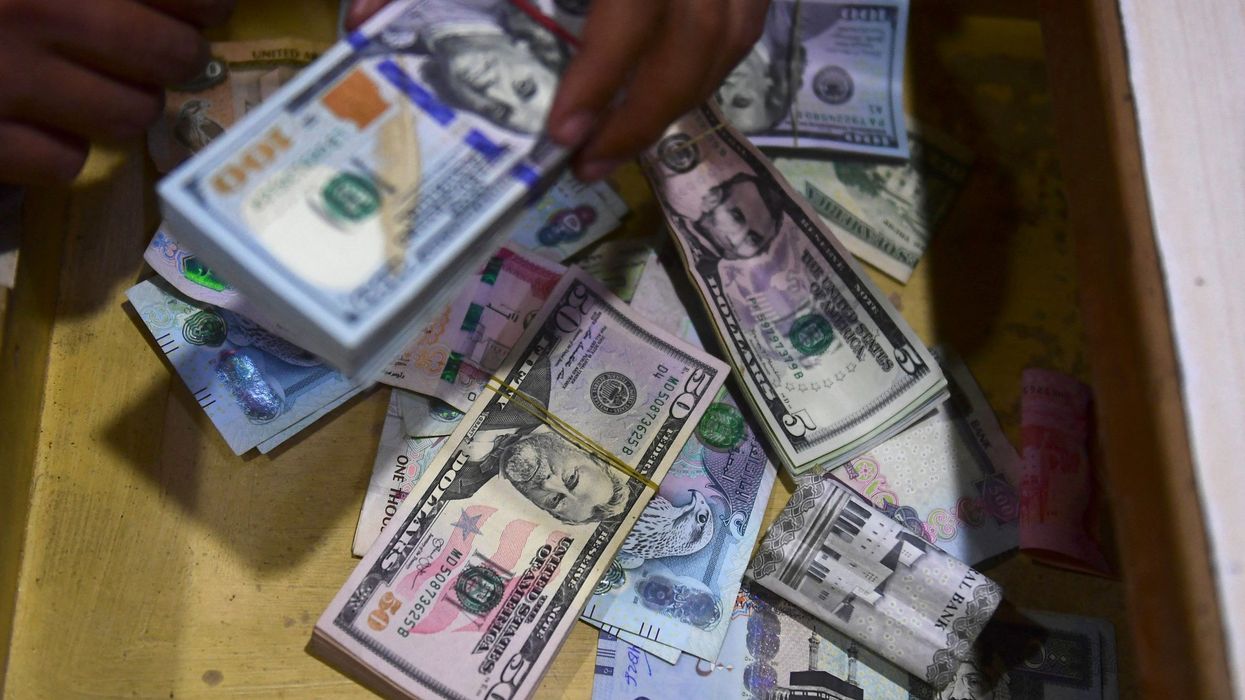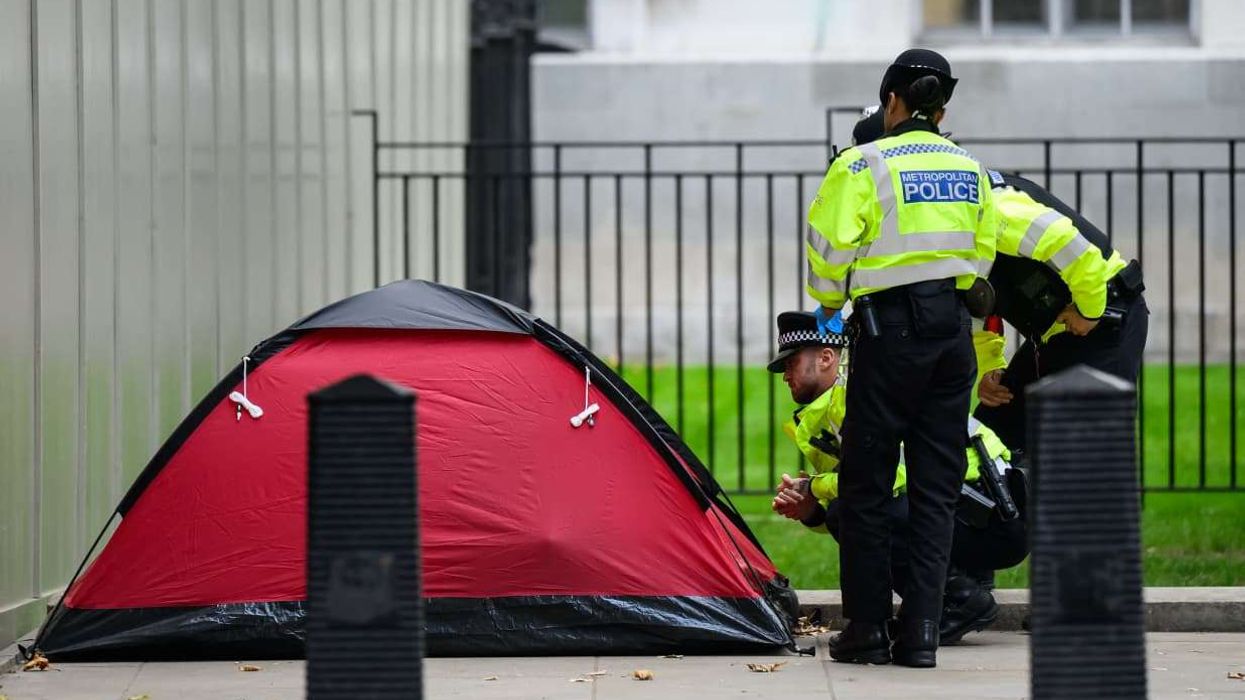On Wednesday (01), the Pakistan Bureau of Statistics reported that the Consumer Price Index (CPI) which is measured by a basket of products showed a significant year-on-year increase, with monthly inflation surging to 31.6 per cent in February.
Available data indicates that last month witnessed the steepest price surge ever recorded in the history of Pakistan, with the costs of food, beverages, and transportation being the primary drivers of inflation.
The Dawn reported that analysts fear that the level of inflation may force families to make difficult choices and sacrifices.
The research firm Arif Habib Ltd also noted that this is the highest annual inflation rate since the available data from July 1965 and is expected to continue to rise in the upcoming months.
After staying above 20 per cent for eight consecutive months from June to January, inflation surged past 30 per cent last month, Dawn stated.
In comparison, inflation was 12.2 per cent in February of the previous year. The costs in four categories - transport, food and non-alcoholic beverages, alcoholic beverages and tobacco, and recreation and culture - witnessed an increase of about 50 per cent.
Additionally, prices rose by 4.3 per cent in February compared to January, which is the highest rate since October's 4.7 per cent.
The Pakistani government is currently implementing belt-tightening measures, increasing tax revenues, and allowing the rupee to depreciate as it strives to secure more than USD 1 billion in funding from the International Monetary Fund (IMF), Dawn reported.
Meanwhile, the Pakistan rupee plunged by nearly Rs 19 against the US dollar Thursday ahead of the central bank's monetary policy review and amid concerns over a stalled IMF deal, reported Geo News.
The rupee slumped by Rs 18.98 or 6.66 per cent to close at 285.09 against the dollar in the interbank market as per the State Bank of Pakistan (SBP), down from yesterday's close of Rs 266.11.
Mustafa Pasha, chief investment officer at Lakson Investments, said: "Inflation is expected to continue rising in the months ahead as IMF-mandated structural adjustments and currency devaluation filter through the supply chain."
Also, following a historic decline of the Pakistani rupee against the US dollar, the per tola gold price in Pakistan surged by a whopping 4.77 per cent as investors' attention once again diverted towards the precious commodity considered as an inflation hedge, reported Geo News.
With inputs from ANI













